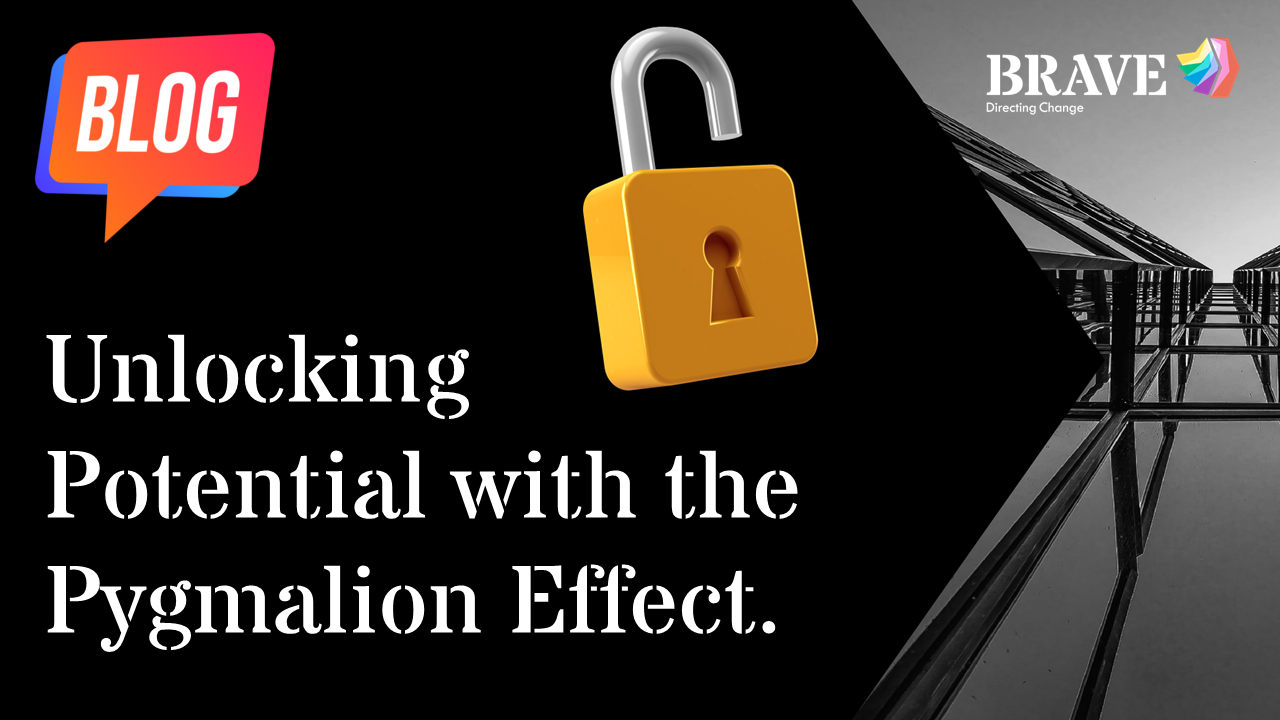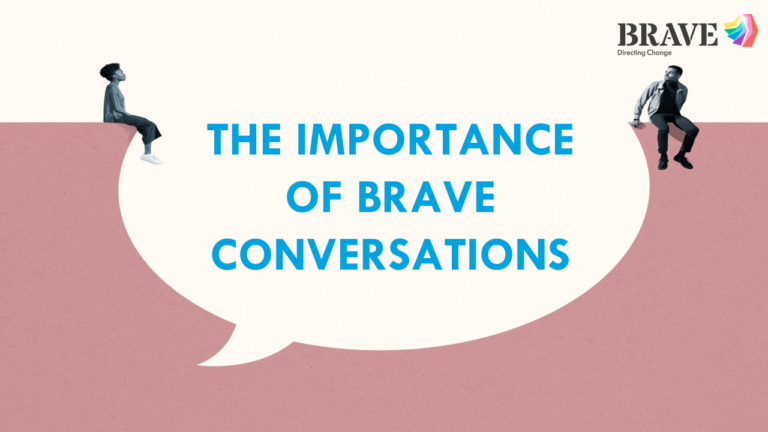Imagine a teacher who truly believes in the potential of their students.
The interactions they display shows they holds high expectations, they communicate belief in their abilities, and invests time in their development. Surprisingly, more often than not, these students often rise to the occasion, performing better and achieving more.
This phenomenon is known as the Pygmalion Effect, a compelling demonstration of the power of expectations.
The Pygmalion Effect was studied in the educational context by Robert Rosenthal and Lenore Jacobson in the 1960s. In their seminal experiment, they informed teachers that certain students were likely to be “intellectual bloomers” based on fictitious test results. These students, randomly selected, showed significant academic improvement over the school year, purely because their teachers expected them to succeed and unconsciously provided more support and encouragement.
This effect isn’t limited to classrooms. In the workplace, managers who believe in the capabilities of their employees often see higher productivity and job satisfaction. Similarly, athletes who are expected to excel by their coaches frequently surpass their performance benchmarks. The underlying mechanism is simple yet profound: belief shapes behaviour. When we believe someone will succeed, our actions towards them—whether in providing feedback, opportunities, or emotional support—create a self-fulfilling prophecy.
We see this in action when we deliver our BRAVE programmes to our clients. The culture we create is high support & high challenge and this allows the delegates to feel safe and grow their potential.
Harnessing the Pygmalion Effect involves conscious effort. It requires you to recognise potential, provide encouragement, and create environments where high expectations are the norm. Whether you are a leader, a manager, a coach, or a parent, your belief in others can be a powerful catalyst for unlocking potential.
In essence, the Pygmalion Effect is a testament to the transformative power of positive expectations.
By believing in the potential of others, we don’t just predict the future—we help shape it.
If you’d like to start embracing the Pygmalion Effect into your business then get in touch with us.
We’d love to help. Click the contact button below.


